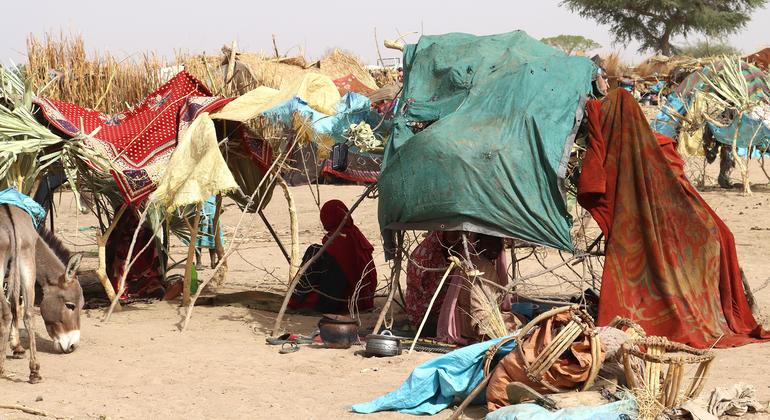More than 60 million women and girls who are in situations of forced displacement or statelessness are facing serious risks of gender-based violence. This alarming situation is reported by the UN Refugee Agency (UNHCR), which highlights a worrying shortage of funds for vital services for their protection. The picture becomes even more bleak with the recent 50% increase in reports of sexual violence in conflict settings, where women and girls make up 95% of confirmed cases. However, UNHCR warns that these figures represent only a small portion of the true extent of the problem, as many incidents go unreported.
Shabia Mantoo, a spokesperson for UNHCR, highlights the difficulties in humanitarian access in remote areas, which limits the resources and assistance they can provide to those affected. Justice is often elusive for survivors, who fear retaliation and social exclusion. Testimonies of brutal violence, torture, and sexual exploitation highlight how this violence has been used as a tool of war.
In the Democratic Republic of the Congo, women and girls are in a critical situation, with their bodies being used as battlegrounds and rape constituting the majority of abuses. In Chad, cases of women being raped while trying to flee conflict in Sudan have been documented. Afghanistan, with its increasing restrictions on women, has seen a rise in domestic violence and a mental health crisis among the female population due to worsening economic conditions.
Displacement increases the vulnerability of refugee and migrant women, who face extreme violence on routes such as the Mediterranean, where an estimated 90% are raped. Those who manage to reach neighboring countries often find themselves in precarious conditions and face additional risks of gender-based violence, complicating their access to essential services.
Mantoo emphasizes that displaced women and girls have a 20% higher risk of experiencing intimate partner violence compared to those who are not displaced. Additionally, different forms of discrimination such as poverty, disability, and diverse gender identities deepen their situation.
To address this crisis, UNHCR insists on the early and effective implementation of gender-based violence prevention and response measures, which can save lives and improve the quality of life of those affected. However, this program faces a significant funding shortfall, currently only having 28% of the $236 million needed for six regional refugee response plans.
In the context of the global 16 Days of Activism against Gender-Based Violence campaign, celebrated from November 25th to December 10th, UNHCR emphasizes the urgency of this issue and expresses concern that, without the necessary financial support, millions of displaced women and girls will not have access to essential services next year.
via: MiMub in Spanish










